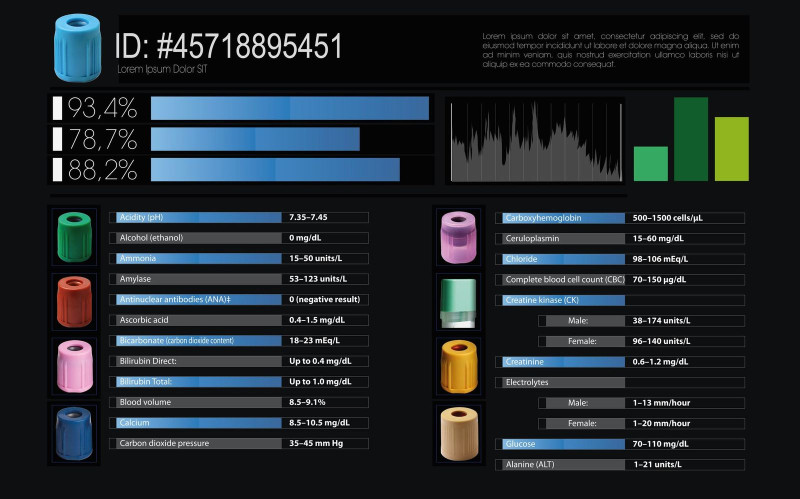Neurofeedback is a non-invasive therapeutic treatment that helps patients improve their brain function. It has been proven effective in treating conditions such as depression, anxiety, stress, ADHD, and PTSD. In Connecticut (CT), neurofeedback is a highly recommended therapy for individuals with neurological disorders.
In this blog post, we will explore why neurofeedback in CT is crucial for healing and how it can help individuals who have been struggling with neurological disorders.
Helps Regulate Brain Wave Activity
Neurofeedback is a process that utilizes real-time displays of activity in the brain to teach self-regulation of the function of the brain. During a session for neurofeedback, electrodes are placed on the scalp to monitor brain activity. The signals are then fed back to the patient in real time as visual or auditory cues.
By receiving feedback on their brain wave activity, patients can learn to regulate their brain function and improve their ability to focus and manage stress.
Helps Treat Mental Health Disorders
Neurofeedback is a proven treatment option for mental health disorders such as depression, anxiety, and PTSD. According to research, neurofeedback in CThas been found to be as effective as medication in treating these conditions. It can help patients reduce their symptoms without the negative side effects that often come with medication.
Helps with Cognitive Function
Neurofeedback provided at the Center for NeuroPotential has been shown to improve cognitive function, including memory, attention, and executive function. It can also help individuals with learning disabilities such as ADHD. By training the brain to function more efficiently, memory and cognitive function can be restored.
Helps with Chronic Pain
Neurofeedback has been found to be an effective treatment option for chronic pain. It can help reduce pain levels by influencing brain activity and reducing stress levels. Neurofeedback can also improve quality of life by promoting relaxation and reducing symptoms of depression and anxiety.
Helps with Addiction
Neurofeedback can be a useful tool in addiction recovery. By training the brain to regulate itself, neurofeedback can help reduce the cravings that come with addiction and improve emotional regulation. It can also help patients manage symptoms of anxiety and depression that often accompany addiction.







